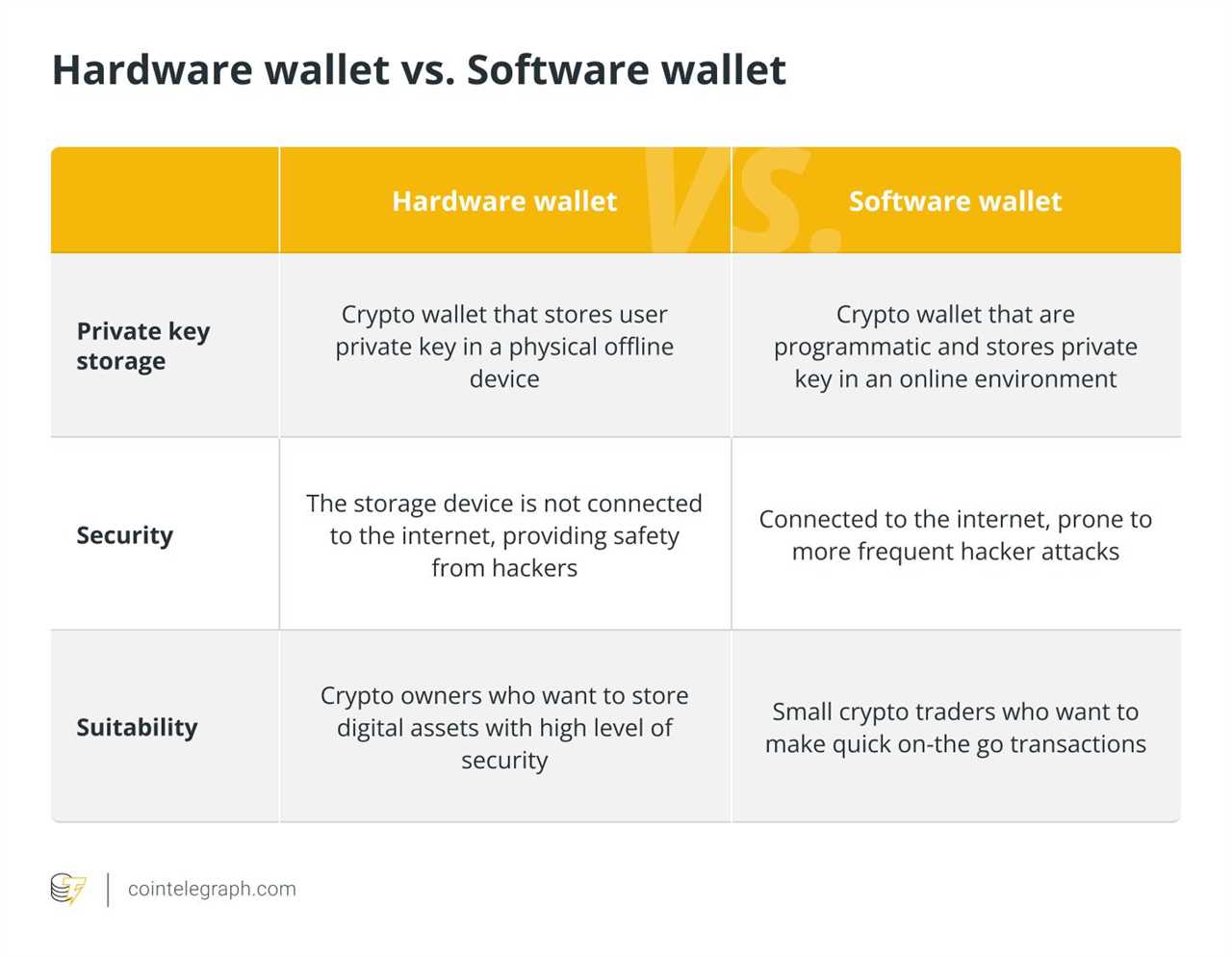
Introduction
Your private keys are the ultimate gatekeepers to your valuable cryptocurrencies and sensitive information. Safely storing them is crucial to ensuring the security of your digital assets. This article will explore seven methods for storing private keys safely.
Hardware Wallets: The Physical Solution
Hardware wallets like Ledger Nano S, Ledger Nano X, and Trezor offer offline storage for private keys, providing robust security against online attacks and malware.

Paper Wallets: Old School, but Effective
Print your private key on a physical piece of paper and store it in a secure location. Websites like bitaddress.org can help you generate paper wallets, but be sure to use high-quality paper and ink to prevent degradation over time.
Encrypted USB Drives: Portable and Secure
Encrypt a USB drive using strong encryption software like VeraCrypt and store your private key file on it. Keep the encrypted USB drive in a secure physical location or a safe deposit box.
Cold Storage: Keep It Completely Offline
Disconnect your private keys from the internet and keep them offline. This can be done by creating an air-gapped computer or using a dedicated offline device for key storage.
Cryptocurrency Vaults: Added Security, but at What Cost?
Some exchanges and platforms offer cryptocurrency vault services where private keys are stored in highly secure, monitored environments. However, remember the principle "not your keys, not your crypto." Consider the trade-off between added security and potential limitations on accessing your funds.
Password Managers: More Than Just Passwords
Modern password managers like LastPass and Dashlane not only store passwords but also private keys. Choose a reputable and highly secure password manager to ensure the safety of your keys.
Splitting the Key: Divide and Conquer
Divide your private key into multiple parts and distribute them to different secure locations. Shamir's Secret Sharing is a cryptographic technique that allows the key to be reconstructed only when the minimum required shares are combined, enhancing security against breaches.
Making Informed Choices
The method you choose to store your private keys should be based on your specific needs, technical expertise, and risk tolerance. Remember to prioritize redundancy, access management, and regular updates to ensure the security of your digital assets.
In Conclusion
By implementing a secure storage strategy and taking the necessary precautions, you can protect your digital assets and navigate the digital landscape with confidence.
Did you miss our previous article...
https://trendinginthenews.com/crypto-currency/openais-chatgpt4-ai-model-boosts-content-moderation-efficiency






